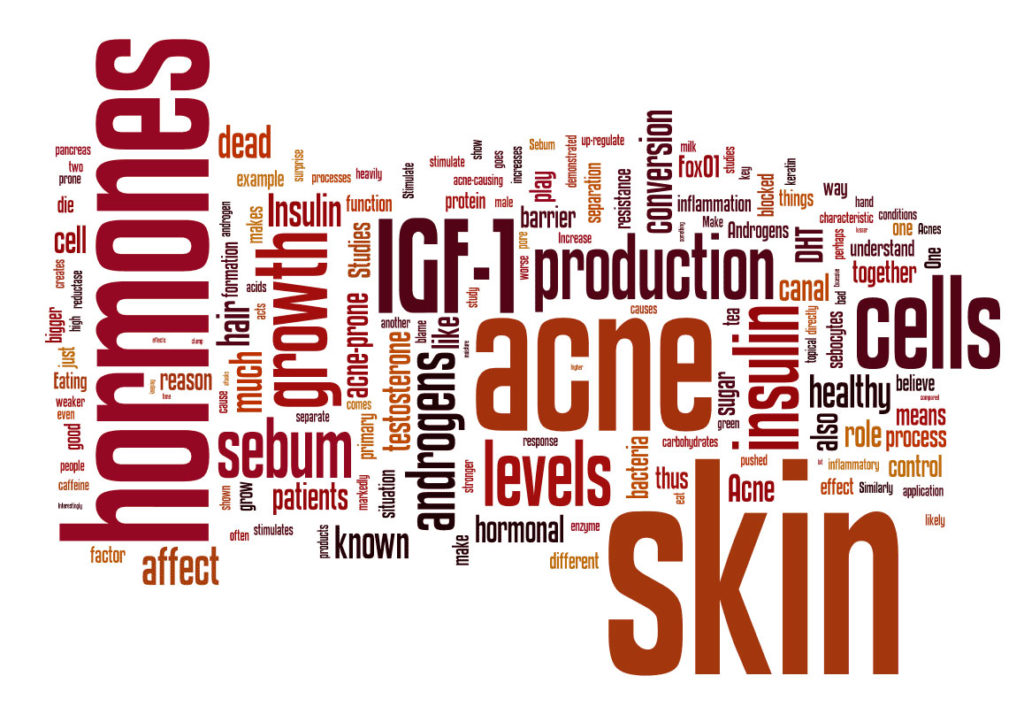I’m so tired. My body hurts. I am not motivated. I want to sleep even after a full night’s rest, and I feel worse when I exercise. These are common phrases heard when talking about iron deficiency. This may be a sign of low iron levels in your body, which can be a detriment to your wellness goals and quality of life. Learn how to conquer it and when to investigate further.
What is iron deficiency?
Iron deficiency refers to having low levels of mineral iron in your body. Iron is used to produce red blood cells which help restore and carry oxygen in the blood. Deficiency results in symptoms like feeling sluggish, sore muscles, breathlessness with minimal exertion, dizzy bouts, heart palpitations, lowered immunity, and pale skin, gums, and eyelids. This can be checked by your GP or some functional health practitioners by blood testing.
Why do we have iron deficiency?
The main way we get our iron is through our food. If these are new symptoms for you, it may be from a change in food intake. Eating foods rich in iron such as red meats, seafood, dark green leafy vegetables, and beans is usually enough to keep your iron levels normal. Vitamin C has also shown to help the body absorb iron more efficiently, while excessive coffee and tea consumption has been shown to have the opposite effect.
Does your iron keep plummeting? It may be perimenopause, or something else.
Besides diet, other factors may include long and heavy menstrual flow due to estrogen dominance related conditions or perimenopausal hormonal changes, malabsorption due to Coeliac’s disease, Helicobacter pylori or parasitic gut infection, and increased demand for iron due to pregnancy, chronic kidney disease and radiation/chemotherapy.
Conditions causing upper and lower GI blood loss reduce iron, such as ulcers, inflammatory bowel disease, esophagitis, gastritis, diverticulosis, haemorrhoids, anal fissures, and infectious colitis.
Childbirth, gastric bypass, prolonged non-steroidal anti-inflammatory drug use, trauma, or blood donation also may increase iron demand.
What can I do to prevent or support it?
Consume plentiful iron-rich foods, or if not possible, take a chelated iron in combination with vitamin C on an empty stomach for maximum absorption. Always monitor iron level with blood testing if deficient. If repeated deficiency, request further investigation from your doctor.

Author: Kathleen Schubert,
Naturopathic Functional Health Practitioner for Dr Kathleen & Team: www.drkathleen.co.nz
This article was originally featured in the New Zealand Healthy By Nature publication.
Sources: https://www.ncbi.nlm.nih.gov/pmc/articles/PMC4836595/ https://www.betterhealth.vic.gov.au/health/conditionsandtreatments/iron-deficiency-adults https://www.nhsinform.scot/illnesses-and-conditions/nutritional/iron-deficiency-anaemia




